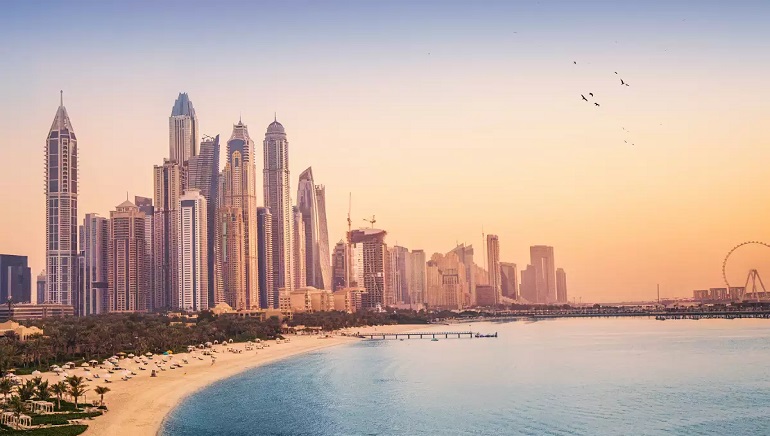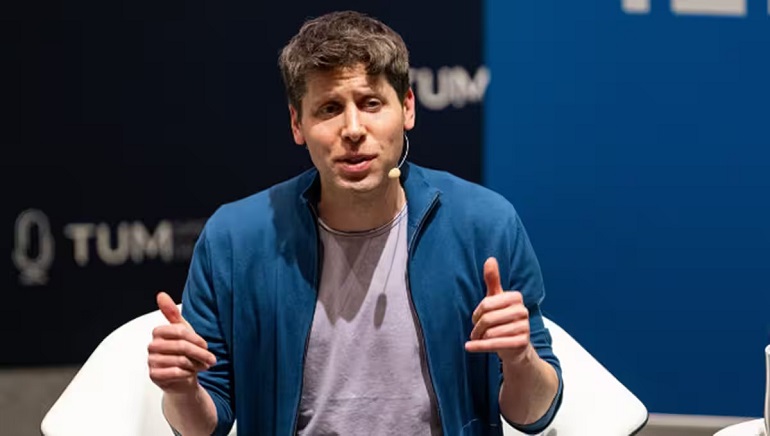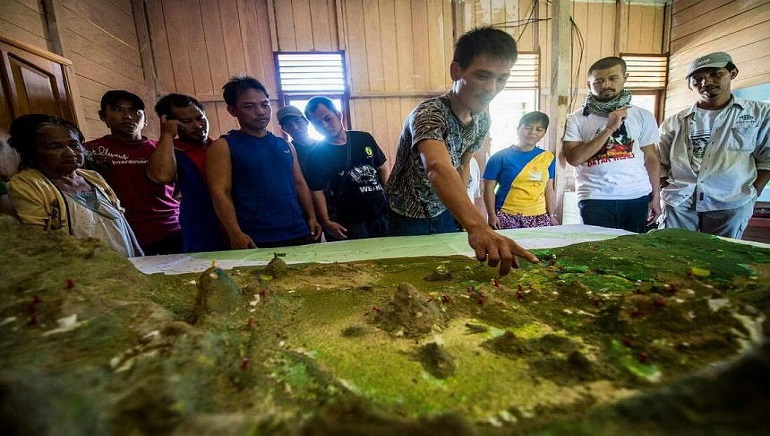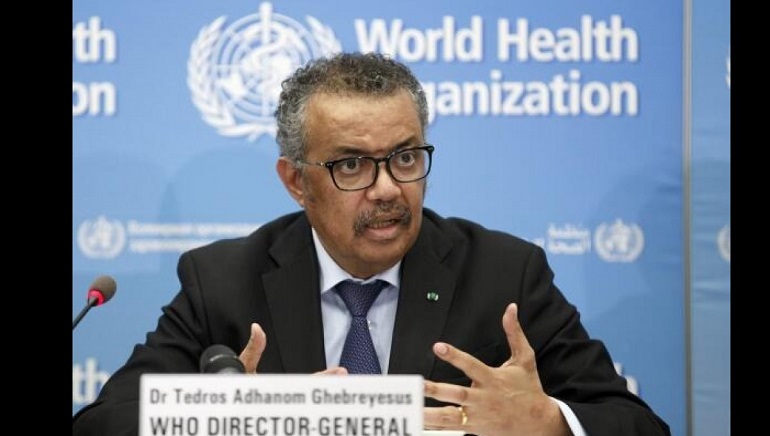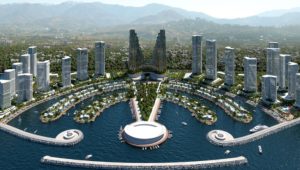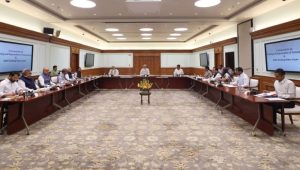Thailand’s Prime Minister, Srettha Thavisin, is setting his sights on Indian tourists to boost tourism in the country. He said that he would make a trip to India this year with plans to meet his counterpart Narendra Modi and discuss increasing flight frequency between the two countries, including more services by flag carrier Thai Airways International Pcl.
In a media interview on September 18, Srettha Thavisin pointed out that there are not that many incoming flights from India yet due to internal politics, and he hopes to visit India before the end of the year to negotiate on the issue.
Thailand may also mull other measures to boost Indian tourist arrivals, such as offering tax exemptions on jewellery imported for Indian weddings held in Thailand. As Indian tourists already can easily obtain Thai visas, a visa waiver may not be necessary, the Thai PM said.
The Thai cabinet had recently approved temporary visa exemptions for Chinese and Kazakh tourists ahead of the busy tourism season. Tourists from the two countries can enter Thailand without a visa between September 25 and February 29, and can stay for a maximum of 30 days at a time. The visa waiver program is expected to bring in 35 billion baht ($980 million) from Chinese tourists, Srettha said during the forum.







